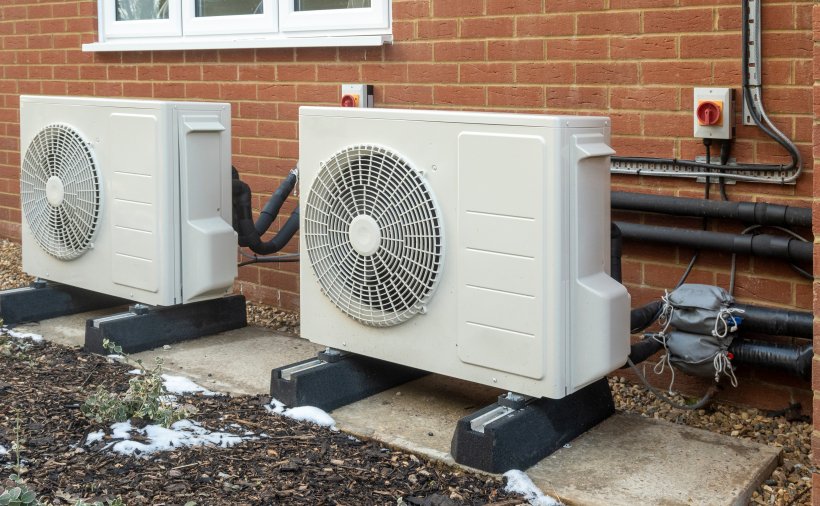Heat pumps have emerged as one of the most efficient and sustainable solutions for heating and cooling in modern buildings. These systems offer a smart alternative to traditional heating methods, such as gas boilers or electric heaters, by providing a more energy-efficient way to regulate temperature. Heat pumps work by transferring heat from the outside environment to the inside of a building, even in cold weather, using a refrigeration cycle. This makes them highly efficient, as they can produce more heat energy than the electrical energy they consume, sometimes up to three or four times as much. This efficiency is a crucial factor in reducing both energy costs and carbon footprints, as less electricity is required to maintain a comfortable indoor environment. One of the significant advantages of heat pumps is their ability to utilize renewable sources of energy. Air-source heat pumps, for example, absorb heat from the outdoor air, while ground-source or geothermal heat pumps draw heat from the ground. These renewable sources provide a sustainable method of heating, reducing the dependence on fossil fuels and contributing to a reduction in greenhouse gas emissions. In regions where electricity is increasingly generated from renewable sources, the environmental benefits of using heat pumps become even more significant. The integration of renewable energy sources not only lowers carbon emissions but also enhances energy security by reducing reliance on imported fuels.

Moreover, heat pumps are versatile and can be used for both heating and cooling, offering year-round climate control. In warmer months, they can reverse the process and function as air conditioners, removing heat from the interior of a building and expelling it outside. This dual functionality makes heat pumps a cost-effective and space-efficient solution for maintaining a comfortable indoor environment regardless of the season. Another noteworthy feature of heat pump is their long-term cost-effectiveness. While the initial installation cost can be higher compared to conventional heating systems, the reduced energy consumption over time leads to significant savings in energy bills. Additionally, advancements in technology have made heat pumps Jnod more affordable and efficient, increasing their accessibility for homeowners and businesses alike. Various governments and organizations also offer incentives and subsidies for heat pump installations, further reducing the financial barrier to adopting this green technology.
Incorporating heat pumps into building designs also contributes to the development of smart homes and buildings. These systems can be integrated with home automation systems, allowing users to control their heating and cooling settings remotely or set schedules for optimal energy use. Smart thermostats can monitor weather conditions and adjust temperatures accordingly, optimizing the performance of heat pumps and maximizing energy savings. As the world moves towards more sustainable energy solutions, heat pumps represent an innovative and practical approach to heating. By harnessing natural sources of energy and significantly reducing energy consumption, they offer a pathway to cleaner, more sustainable living. With increasing awareness of climate change and the need for energy efficiency, heat pumps stand out as a smart solution for reducing environmental impact while maintaining comfort and convenience.
